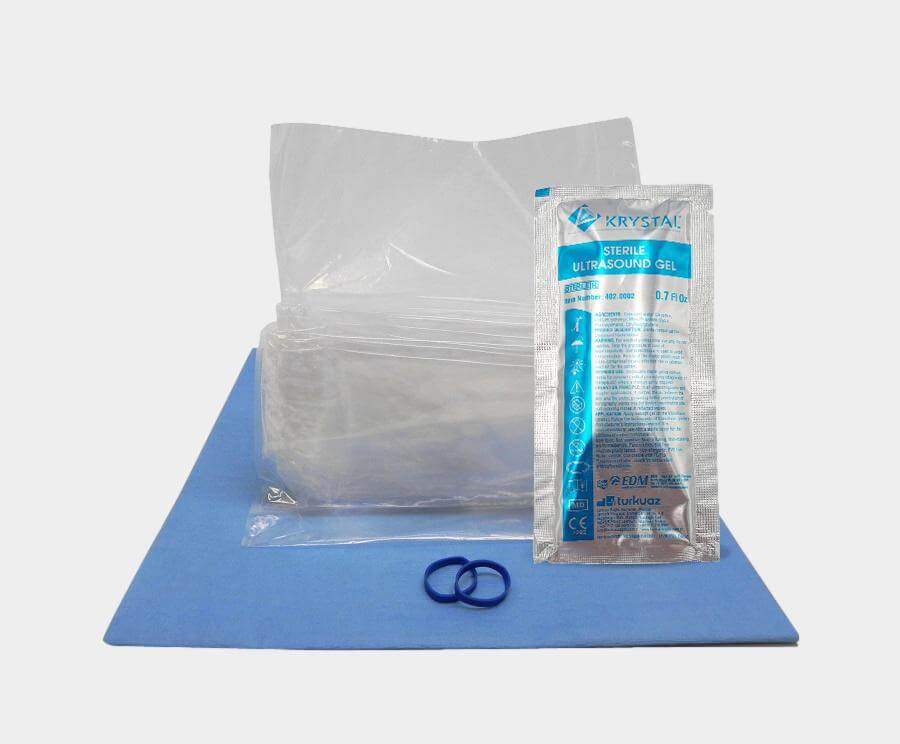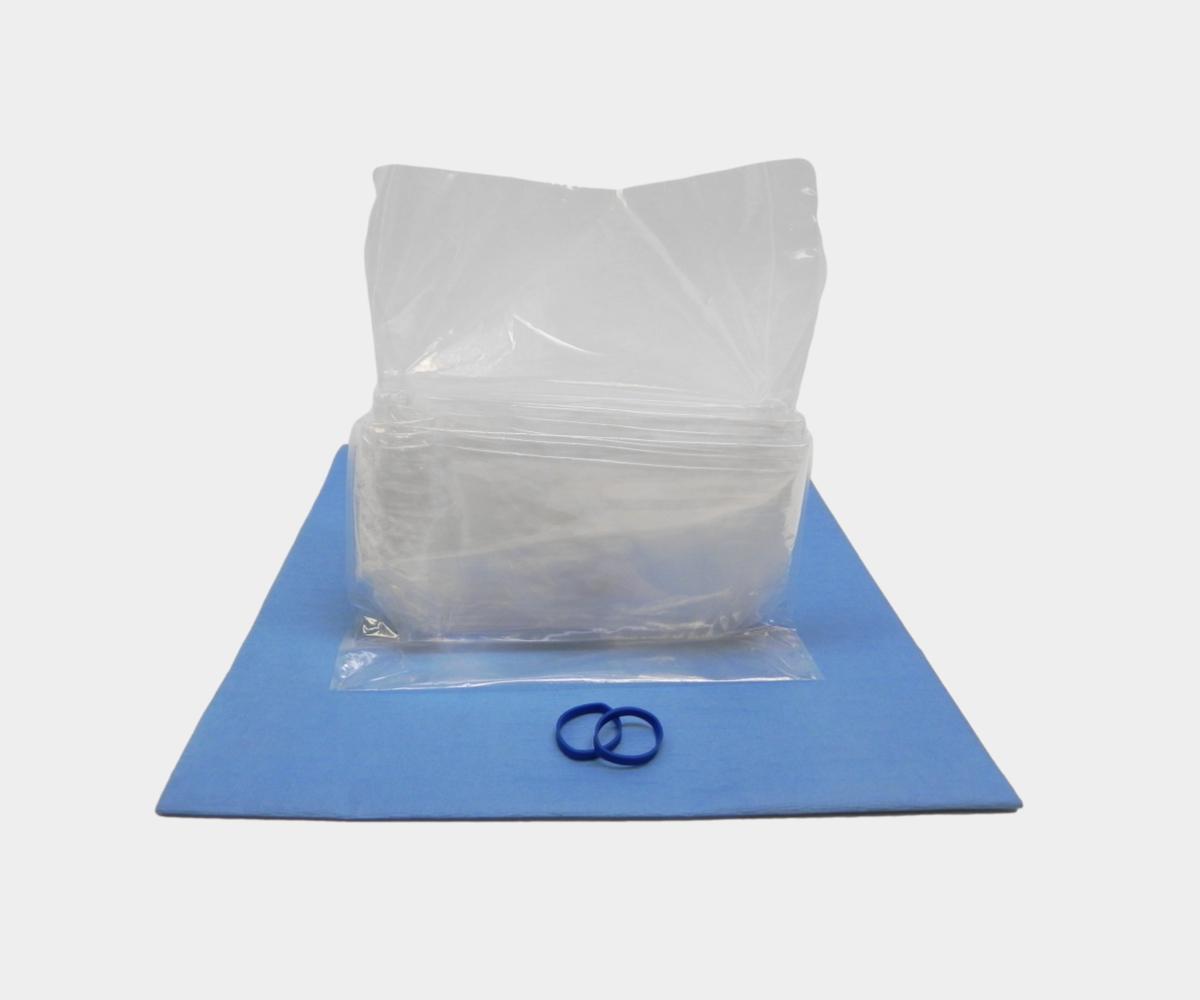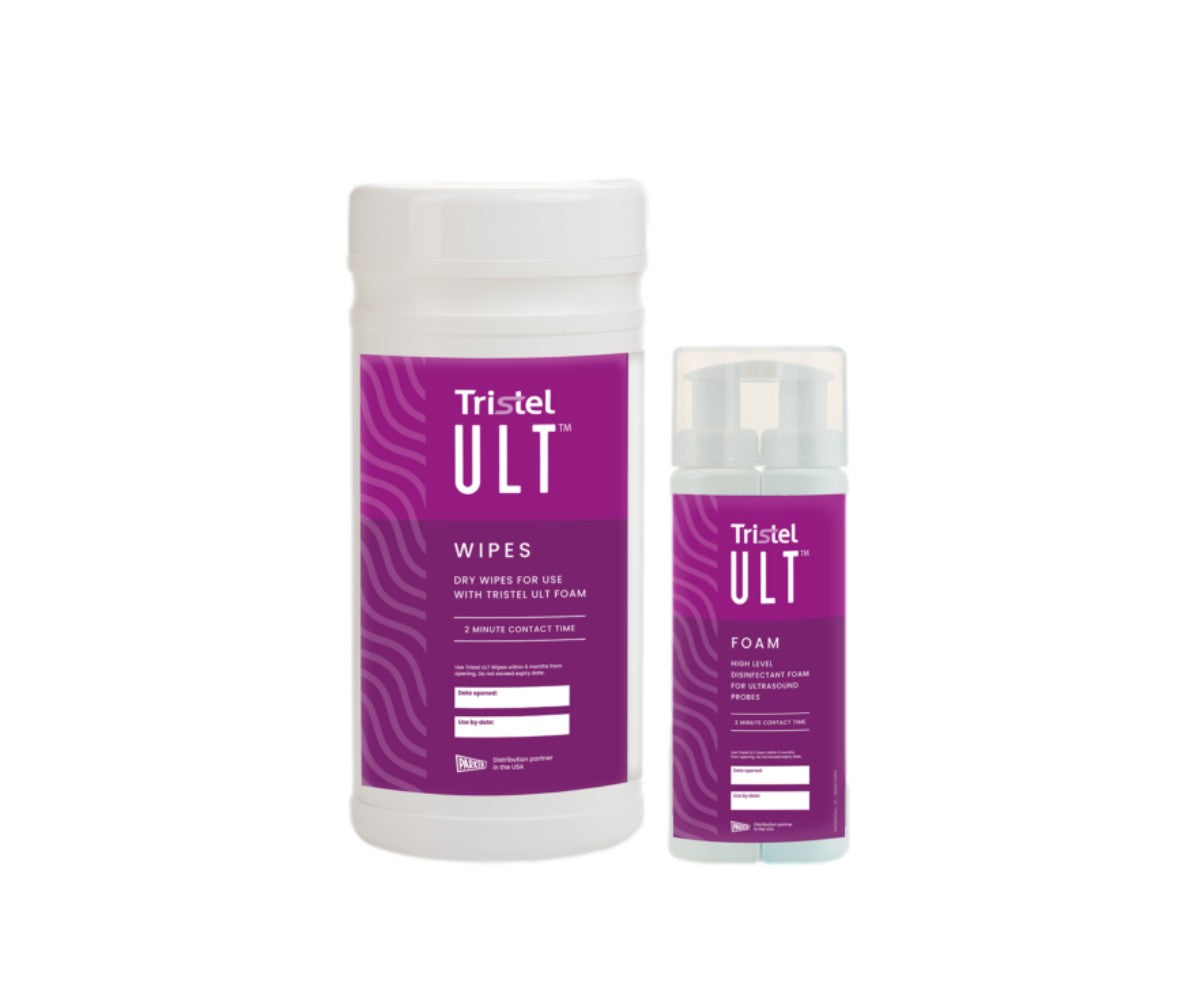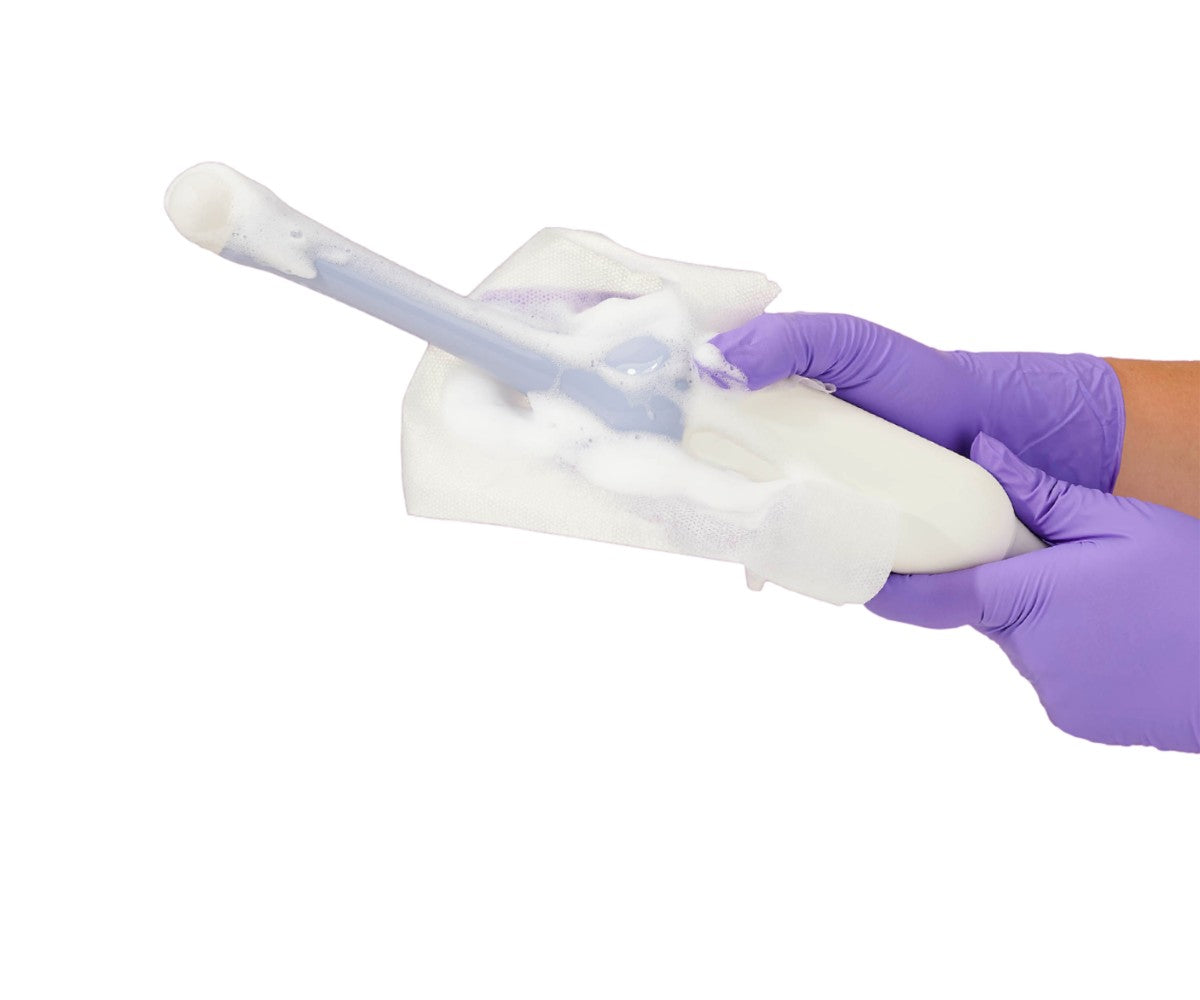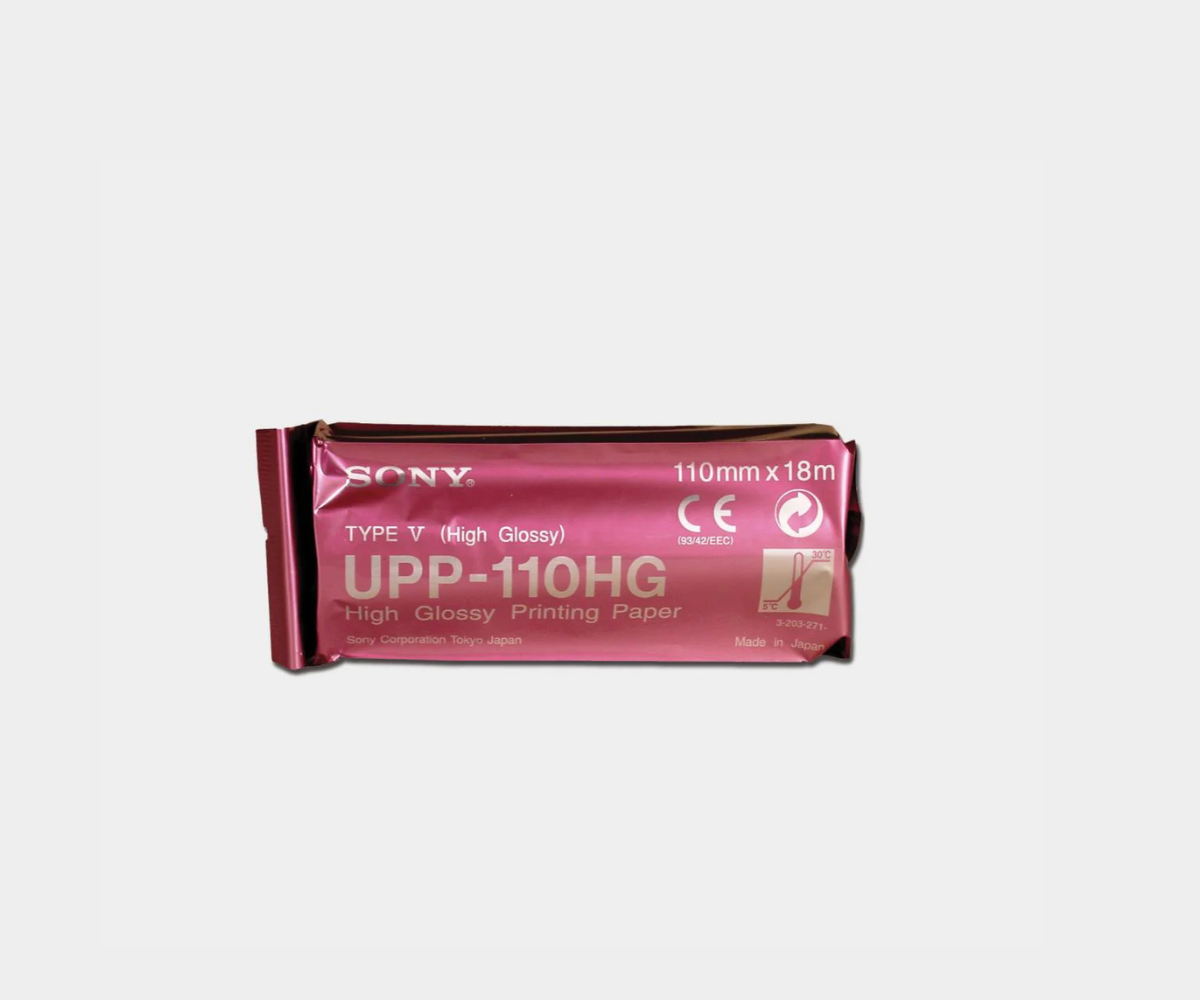
In February 2023, bipartisan legislation was reintroduced by Representatives Brad Wenstrup (R-OH) and John Larson (D-CT) in the House, and by Senators Richard Blumenthal (D-CT) and Bill Cassidy (R-LA) in the Senate. This legislation aims to address the widening payment gap between Ambulatory Surgery Centers (ASCs) and hospital outpatient departments under Medicare, and I believe that it could provide a variety of benefits by leveling the playing field between both kinds of facilities.
Key provisions include permanently linking the hospital market basket to inflationary updates, enhancing transparency in quality metrics research for patients, requiring disclosure of reasons for reimbursement denials in ASC settings, and adding ASC representation to the Advisory Panel on Hospital Outpatient Payment.
Align Outpatient Procedure Reimbursements
The existing reimbursement gap between Ambulatory Surgery Centers (ASCs) and Hospital Outpatient Departments (HOPDs) persists due to differing inflation measures used by the Centers for Medicare & Medicaid Services (CMS). This gap has widened over time, with ASCs now receiving only half of what HOPDs are paid on average, compared to 86% in 2003.
Additionally, as healthcare inflation outpaces general inflation in the U.S., HOPD prices surge at a faster rate than ASC prices, exacerbating the existing gap and straining ASCs' financial sustainability. Common medical procedures can cost as much as 58% more when performed in HOPDs compared to ASCs, according to an analysis from Blue Health Intelligence. Colonoscopy screenings, for example, cost 32% more in a hospital setting than in an ASC, while diagnostic colonoscopies cost 58% more, and cataract surgery costs 56% more. These figures underscore the challenges faced by ASCs in migrating procedures from HOPDs and highlight the urgent need to address the reimbursement disparity.
To tackle these issues, changes are proposed to align payment updates for ASC services with those for HOPDs, promoting fair reimbursement practices and encouraging high-quality care provision across various outpatient settings. This alignment is crucial for fostering competition based on quality rather than payment differentials and maintaining a fair playing field among healthcare providers.
Provide Outpatient Surgery Quality Information
The Act also emphasizes transparency in quality reporting and Medicare beneficiary information for ASCs. The ability to conduct side-by-side comparisons between ASCs and Hospital Outpatient Departments (HOPDs) enables patients to make well-informed choices regarding their preferred healthcare providers, ultimately leading to improved patient outcomes and satisfaction. This emphasis on transparency not only facilitates patient-centered care but also fosters a competitive environment that encourages continuous improvement in service quality across healthcare facilities.
Moreover, the Act's provision for transparent quality reporting aligns with the broader industry trend towards patient empowerment and shared decision-making. By promoting access to quality information and enabling informed decision-making processes, the Act supports a patient-centric approach to healthcare delivery.
Remove Part B Copay Penalty
The issue of Medicare beneficiaries facing a copay penalty for receiving treatment in Ambulatory Surgery Centers (ASCs) compared to Hospital Outpatient Departments (HOPDs) is multifaceted and impacts healthcare access and costs significantly. Currently, while HOPDs have a cap on patient responsibility at the hospital inpatient deductible amount, ASCs lack such a cap, resulting in beneficiaries being responsible for the entire 20 percent reimbursement rate. This disparity incentivizes beneficiaries to choose HOPDs, despite potentially higher Medicare reimbursement rates, adding unnecessary costs to the Medicare program.
The proposed solution is applying the same framework used for HOPD services to ASCs, capping beneficiaries' copays and making the facility whole for the difference. By implementing this provision, the bill could level the playing field between ASCs and HOPDs, ensuring equitable access to care for all Medicare beneficiaries while also mitigating unnecessary costs to the Medicare program.
These reforms hold the potential to revolutionize healthcare delivery, ensuring fairness and accessibility for all. With ongoing advocacy, ASCs can expand their reach and fulfill their crucial role in offering high-quality, affordable care to patients nationwide.

EDM Medical Solutions is a premier supplier and manufacturer of medical imaging products, including ultrasound supplies, surgical drapes, and needle guides. We are committed to delivering a high-quality and cost-effective range of products that enhance patient care and operational efficiency.
Our Krystal brand, featuring probe covers and equipment drapes, sets the industry standard for quality, safety, and reliability. Switching to Krystal can mean up to 30% in savings on your supplies.
With market-leading prices and rapid shipping options, we ensure our clients have immediate access to the supplies they need, when they need them. That's why over 2,000 facilities in the US choose EDM.




